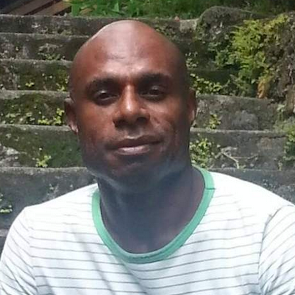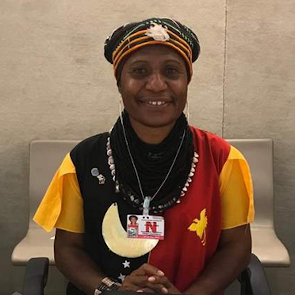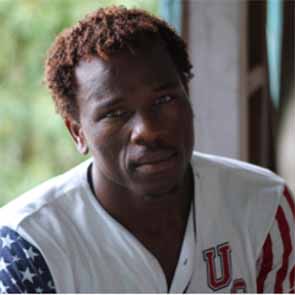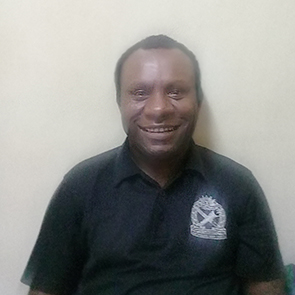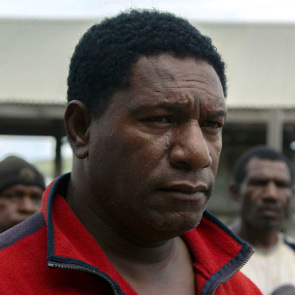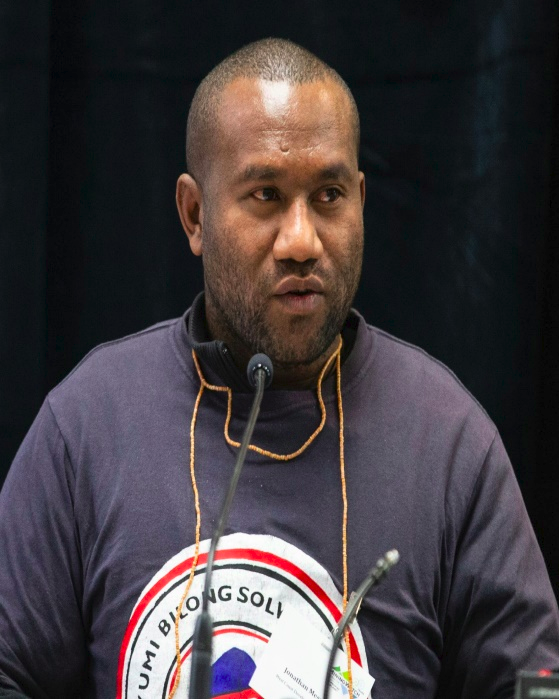
#Papua New Guinea
#Papua New Guinea
Human rights defenders in Papua New Guinea mainly work on land and environmental rights, women and children’s rights, gender based violence, especially against sorcery and witchcraft accusations and to end tribal warfare. Law enforcement officials have been implicated in corruption, extortion, rape and acts of violence. Police have used excessive force during arrest, interrogation, and pretrial detention. In the absence of rule of law in some regions, it is very hard for human rights defenders to advocate, protest or speak publicly of such abuses and some of them have been arrested and detained for speaking out.
Some HRDs are particularly at risk. Defenders advocating for local landowners’ rights and for the environment with regard to mining, fishing, forestry, and liquefied natural gas projects throughout the country face judicial harassment and police abuse. Violent clashes with the police occurred during peaceful gatherings opposing controversial projects. The presence of security forces deployed by the government in the regions where such projects are implemented prevents human rights defenders from defending local communities’ rights to their customary land.
Human rights defenders and journalists trying to document human rights violations and conditions of detention within Australia’s offshore refugee detention center in Manus Island have been obstructed from doing so, as the government restricts media access to the center.
Papua New Guinea is one of the world’s most dangerous places to be a woman, with the highest levels of family and sexual violence anywhere outside a conflict zone. As such, WHRDs encounter gender-related risks in addition to risks linked to their activism.
